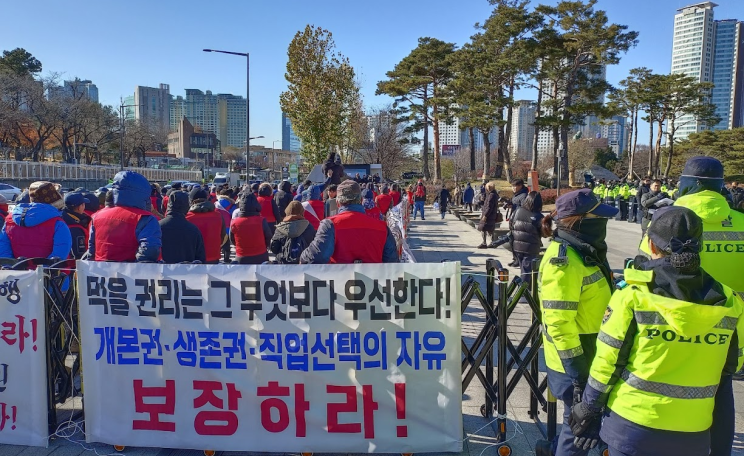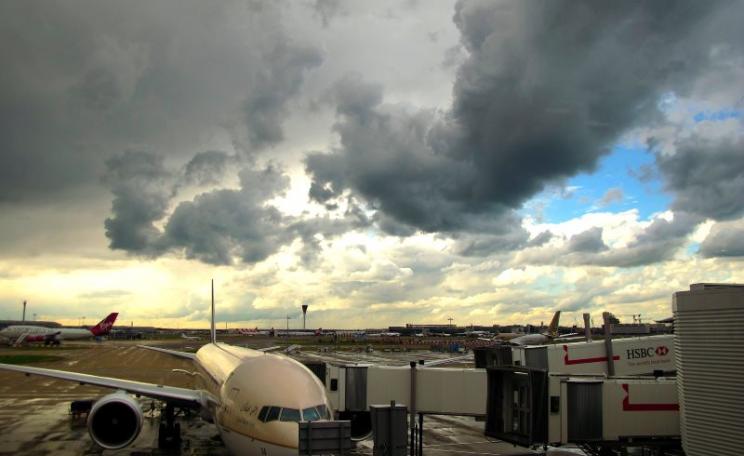-
Customers of the biggest fast-food chains such as Nando’s, McDonald’s and Burger King are unwittingly buying meat from chickens that grow so fast they suffer terrible health problems such as lameness and skin lesions, according to a report by World Animal Protection.
‘The pecking order 2020’ looks at fast food brands’ commitment, ambition and transparency to improve chicken welfare globally and ranks them on the welfare standards of chickens raised for meat.
In the UK World Animal Protection has been calling on Nando’s to urgently improve its chicken welfare policies, however as seen in the table below, the results show they have made no progress from last year and achieve a “Poor” rating.
Progress
The most improved company in the ‘The pecking order 2020’ is KFC, which stepped up from tier 5 (“Poor”) last year to tier 3 (“Making progress”) after becoming the first major fast food outlet to sign the Better Chicken Commitment, a set of standards that will improve the welfare of millions of chickens in the UK, Ireland, Belgium, Germany, Netherlands and Sweden.
This demonstrates progress is possible, but there is still considerable room for improvement. Disappointingly, Pizza Hut has slipped, and Burger King has dropped significantly down ‘The pecking order’.
Companies are assessed via publicly available information on three areas: commitment, ambition and transparency.
Their policies must clearly state how important the welfare of chickens is to the company, and they must provide a defined timeline that demonstrates the objectives, targets and promises a company has made to improve chicken welfare and when they will meet them; and
Through their performance reporting, companies must show how clear they are about fulfilling promises on chicken welfare.
Commitments
The companies assessed are Burger King, Domino’s Pizza Group PLC, Domino’s Inc, KFC, McDonald’s, Nando’s, Pizza Hut, Starbucks and Subway. Key findings from ‘The pecking order 2020’ are:
Four companies – Burger King, Pizza Hut and Domino’s PLC and Domino’s Inc – were all classed as having a ‘very poor’ approach to managing chicken welfare.
Commitments are not coming fast enough – over 160 companies globally have signed up to the Better Chicken Commitment but two thirds of the companies assessed here have not done so.
Commitments that companies have made are also disappointingly limited to just the UK, USA, Canada and a small number of European countries, so more take up globally is crucial.
In addition, only 4 companies report on the performance of some broiler welfare indicators and no company is reporting on performance on all welfare aspects. This makes it difficult to hold them accountable for the commitments they’ve made.
Increasingly concerned
Only a third of the 9 companies assessed scored above a score of ‘poor’, so most companies are still failing to take chicken welfare at all seriously.
Only one company, KFC, has been ranked as ‘making progress’, based on them signing the Better Chicken Commitment – which includes using slower growing chicken breeds and giving chickens more light and space to behave more naturally – and some examples of performance reporting.
Ian Woodhurst, World Animal Protection campaigns manager said: "While it’s encouraging to see companies like KFC starting to take chicken welfare seriously, many people in the UK are expecting to see other companies, such as Nando’s, also do the right thing for chickens.
"These companies face a real reputational risk if they don’t take action now to move away from the use of fast-growing chickens that suffer from catastrophic health issues and live their short lives in unnecessary pain.
“Consumers are becoming increasingly concerned about animal welfare and these iconic companies have the power to put an end to this suffering that they are causing for the sake of their own profits. We will continue to speak up for chickens and consumers to put pressure on companies to make real change.”
Take a lead
World Animal Protection is calling on these global companies to take a lead on animal welfare and ensure that any chickens that are being served at their restaurants are guaranteed a life worth living.
The companies assessed in ‘The pecking order’ have an opportunity to make a seismic shift to chicken welfare and could use their power to improve the lives of hundreds of millions of animals.
This Article
This article is based on a press release from World Animal Protection.







